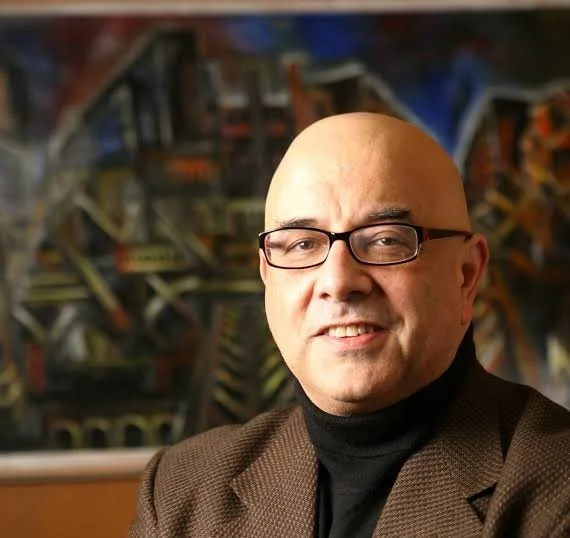Highlights - JOY GORMAN WETTELS - Exec. Producer “UnPrisoned”, “13 Reasons Why”, "Home Before Dark”, “Eyes on the Prize: Hallowed Ground”
/Award-winning Executive Producer of UnPrisoned starring Kerry Washington & Delroy Lindo
13 Reasons Why · Home Before Dark · Eyes on the Prize: Hallowed Ground
Founder of Joy Coalition
With UnPrisoned and with really my whole body of work as a producer, I'm really drawn to stories that make people feel seen that take issues that have stigma and shame attached to them, and making those issues just more palatable and more human. And few people realize that 50% of American families are touched by incarceration. And when you meet someone like Tracy McMillan, who really is a miracle, this is a woman who's now in her fifties who grew up in 22 different foster homes because her father was incarcerated when she was so little. And yet for all of his mistakes, the fact that he was a career criminal, he still, when he could change her diapers, he was present when he could be there. He braided her hair, and there was real love there. But they were separated not only by his mistakes, but by a system that is really unforgiving and really unfair, especially to black and brown men. So, the idea that we could tell a story where a young woman who was raised that way and by that person turns out to be Kerry Washington. You know, turns out to be somebody who you want to be, turns out to be "Olivia Pope", this woman that we all see as so beautiful and such a hero and so strong and so powerful, I felt was just an incredible opportunity. And when we first put Tracy and Kerry in the same room, Kerry said to Tracy, "You know you're a miracle, right?"




















